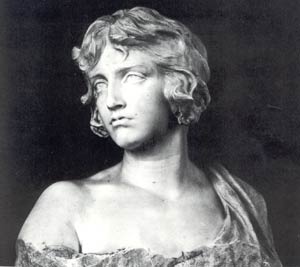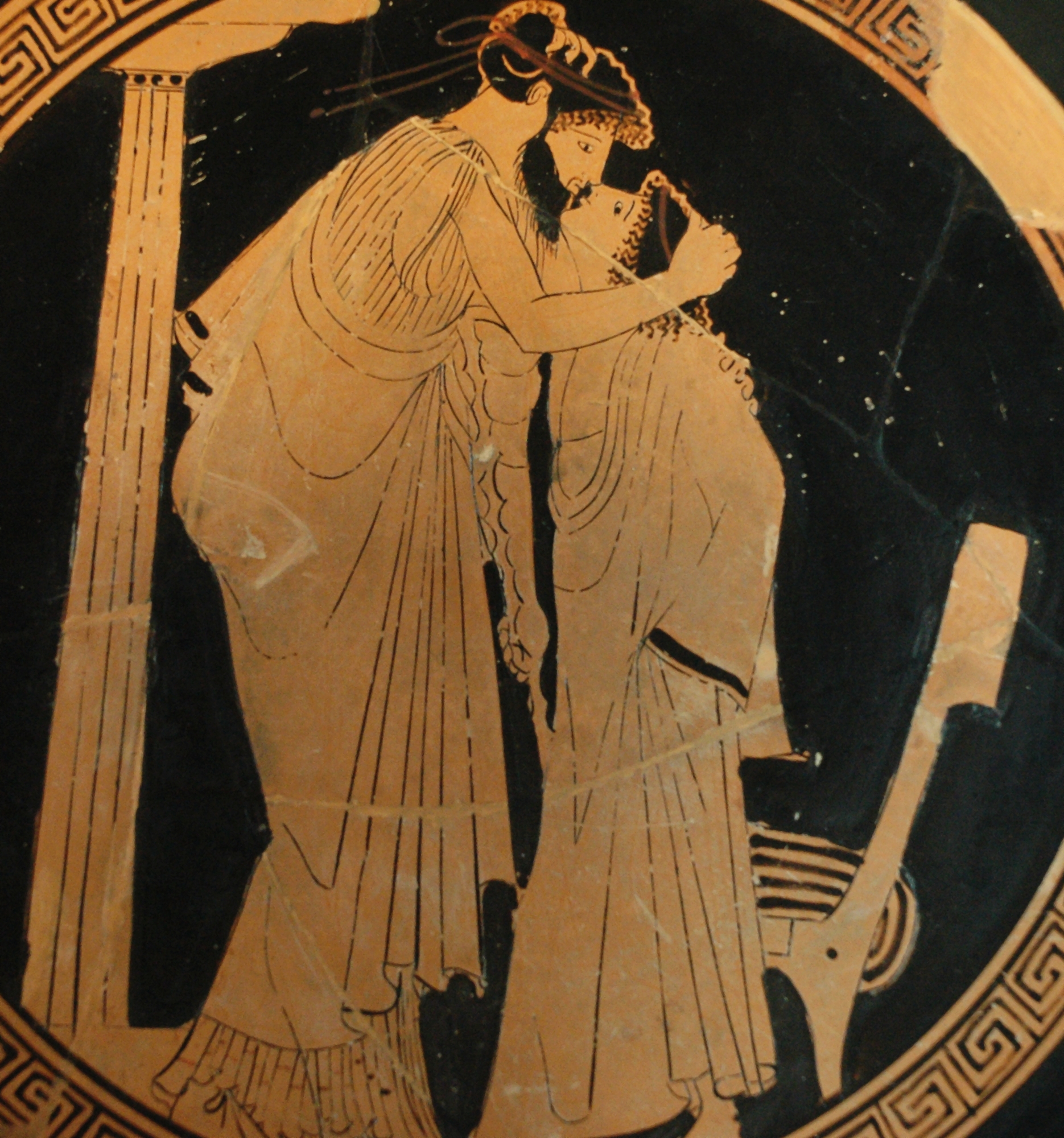Diodorus Siculus, History 9.12
“There is also the story that when the people of Mitylene allowed Pittacus to have half the land over which he fought in single combat, he would not take it. Instead, he assigned an equal portion to each man, saying that an “equal amount is greater than more”. For, since he took the measure of what was greater by fairness not by profit, he judged wisely. He believed that fame and safety would follow equality while gossip and fear followed greed, and they would have quickly reclaimed his gift.”
12. Ὅτι τῶν Μιτυληναίων διδόντων τῷ Πιττακῷ τῆς χώρας ὑπὲρ ἧς ἐμονομάχησε τὴν ἡμίσειαν οὐκ ἐδέξατο, συνέταξε δὲ ἑκάστῳ κληρῶσαι τὸ ἴσον, ἐπιφθεγξάμενος ὡς τὸ ἴσον ἐστὶ τοῦ πλείονος πλεῖον. μετρῶν γὰρ ἐπιεικείᾳ τὸ πλεῖον, οὐ κέρδει, σοφῶς ἐγίνωσκεν· τῇ μὲν γὰρ ἰσότητι δόξαν καὶ ἀσφάλειαν ἀκολουθήσειν, τῇ δὲ πλεονεξίᾳ βλασφημίαν καὶ φόβον, δι᾿ ὧν ταχέως ἂν αὐτοῦ τὴν δωρεὰν ἀφείλαντο.
Cf. Diogenes Laertius, Lives of the Philosophers 1.75
“Then, the Mityleneans honored Pittakos powerfully and gave the rule of the state to him alone. During the ten years he held power, he also corrected the constitution and then surrendered power even though he lived ten years more. The Mityleneans gave him some land, but he donated it as sacred. The plot is called after his name even today. Sôsicrates says that he cut off a little bit for himself, saying that “half is greater than the whole.”
[75] Τότε δ᾽ οὖν τὸν Πιττακὸν ἰσχυρῶς ἐτίμησαν οἱ Μυτιληναῖοι, καὶ τὴν ἀρχὴν ἐνεχείρισαν αὐτῷ. ὁ δὲ δέκα ἔτη κατασχὼν καὶ εἰς τάξιν ἀγαγὼν τὸ πολίτευμα, κατέθετο τὴν ἀρχήν, καὶ δέκα ἐπεβίω ἄλλα. καὶ χώραν αὐτῷ ἀπένειμαν οἱ Μυτιληναῖοι: ὁ δὲ ἱερὰν ἀνῆκεν, ἥτις νῦν Πιττάκειος καλεῖται. Σωσικράτης δέ φησιν ὅτι ὀλίγον ἀποτεμόμενος ἔφη τὸ ἥμισυ τοῦ παντὸς πλεῖον εἶναι.
The idea of “half being greater than the whole” is likely proverbial, showing up as well in Hesiod’s Works and Days where the narrator uses it when he complains about how the judges act unfairly in their evaluation of cases (by taking bribes): “the fools don’t know how much greater the half is than the whole” νήπιοι, οὐδὲ ἴσασιν ὅσῳ πλέον ἥμισυ παντὸς.
Diodorus Siculus’ statement that “an equal part is greater than more” is probably a clever departure from the Hesiodic statement. Hesiod’s statement seems to be about greed (wanting more than your due), as glossed by Michael Apostolius:
13.77
“They don’t know how much greater the half is than the whole”: [this is a proverb used] for those who desire more and lose what they have.
Οὐδ’ ἴσασιν ὅσῳ πλέον ἥμισυ παντός: ὅτι οἱ τῶν πλειόνων ἐπιθυμοῦντες καὶ ἃ ἔχουσιν ἀποβάλλουσιν.
A unifying theme between the two versions is that in early Greek culture that which is isos is not fair in terms of being equal but it possesses equity in terms of being proper to the recipient’s social status. So, Diodorus’ isos share can map out onto Hesiod’s “half” share.

Another proverbial moment for Pittakos:
Diodorus Siculus, History 9.12.3
“When Pittacus finally caught up with the poet Alcaeus, a man especially hateful to him who had mocked him savagely in his poems, he released him, remarking that forgiveness is a better choice than vengeance.”
ὅτι καὶ τὸν ποιητὴν Ἀλκαῖον, ἐχθρότατον αὐτοῦ γεγενημένον καὶ διὰ τῶν ποιημάτων πικρότατα λελοιδορηκότα, λαβὼν ὑποχείριον ἀφῆκεν, ἐπιφθεγξάμενος ὡς συγγνώμη τιμωρίας αἱρετωτέρα.
Like this:
Like Loading...







